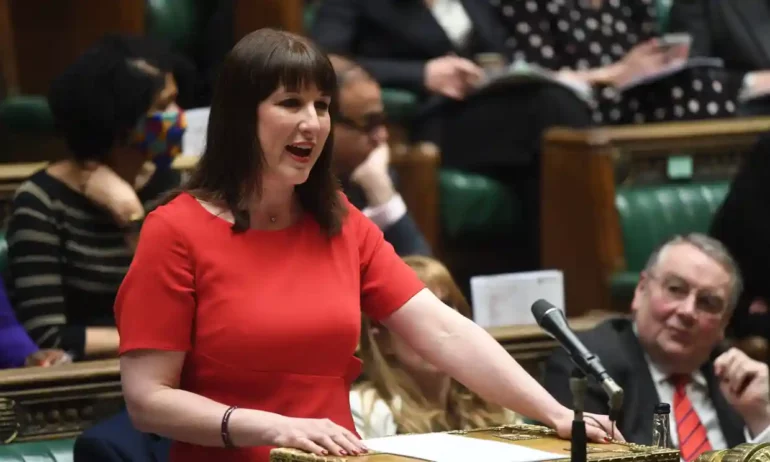The Government is weighing plans to apply National Insurance (NI) contributions to rental income for the first time, in a move that could raise up to £2bn a year but spark fresh tensions in the housing market.
Under the proposal, Chancellor Rachel Reeves would extend NI beyond wages and self-employment to include earnings from property, which are currently only subject to income tax.
Landlords receiving between £50,000 and £70,000 a year in rental income could face an additional £1,000 in tax annually.
The change is being considered as part of the Autumn Budget, expected in late October.
Reeves has ruled out increases to the main rates of VAT, Income Tax or NI, leaving scope for new measures that broaden the tax base instead.
Other options reportedly on the table include reforms to Capital Gains Tax on property and adjustments to Stamp Duty thresholds.
Reaction:
Ben Beadle, chief executive of the National Residential Landlords Association:
“Further punitive tax hikes on the rental sector will lead only to rents going up, hitting the very households the Government wants to protect. It would come on top of last year’s increase to stamp duty on homes purchased to rent and proposals expecting landlords to pay up to £15,000 on energy efficiency improvements to properties.
“Analysis by Savills shows that up to one million new rental homes will be needed by 2031 to meet demand. Given this, the Chancellor should be using the tax system to encourage long term investment in new good quality rental housing.
“She should also heed the advice of the Committee on Fuel Poverty and reform the tax system to support investment in energy efficiency improvements.”
Marc von Grundherr, director at Benham & Reeves:
“This move smacks of political point-scoring rather than sound housing policy. Applying national insurance to rental income threatens to undermine rental supply by squeezing small and medium-scale landlords, who may pull up stakes or restructure.
“We’re already seeing supply pressures in many areas, pushing costs onto tenants. A policy with such serious unintended consequences deserves more scrutiny and a strategic approach, not partisan theatre.”
Siân Hemmings-Metcalfe, operations director at Inventory Base:
“Layering yet another financial burden onto landlords, at a time when the Renters’ Rights Bill is about to reshape the sector, is a move too far.
“The focus should be on stability and encouraging long-term investment into the rental market, not short-term populism designed to plug holes in the Treasury’s coffers.
“Policies like this risk deterring responsible landlords, which ultimately undermines the very protections and standards tenants are being promised.”
Sam Humphreys, head of M&A at Dwelly:
“The reality is that many landlords already operate on fine margins, and measures like this could be the tipping point that drives them out of the sector altogether.
“Once stock is lost, it is incredibly difficult to rebuild, and the people who pay the price are tenants facing rising rents and fewer housing choices.
“If the Government wants to improve affordability, it should be working to increase supply – not choking it further with punitive taxation.”



